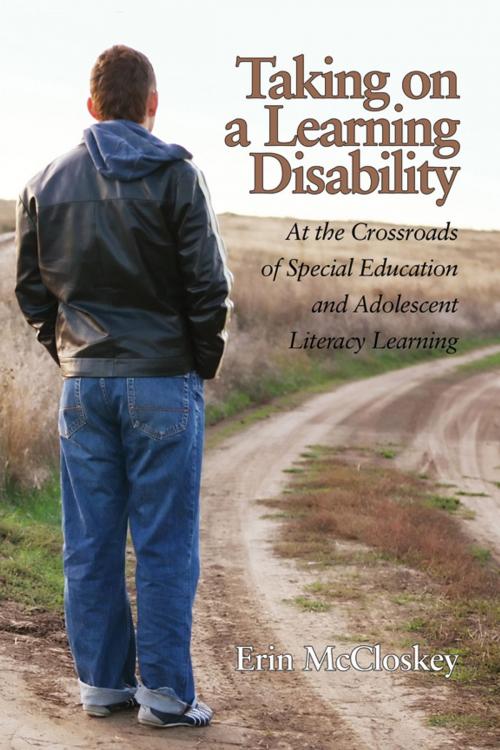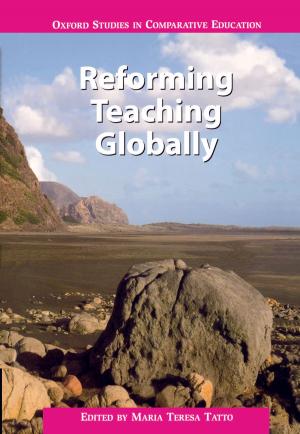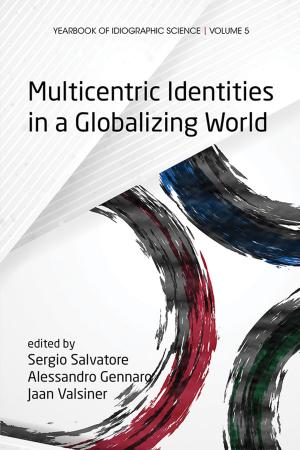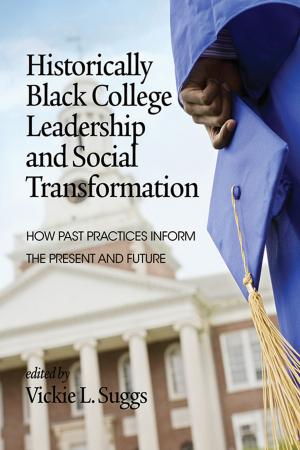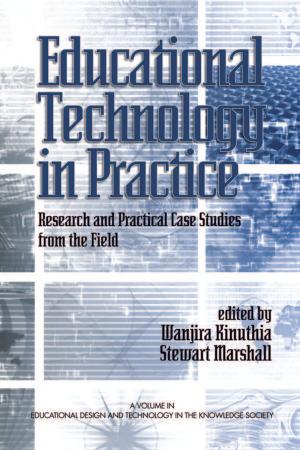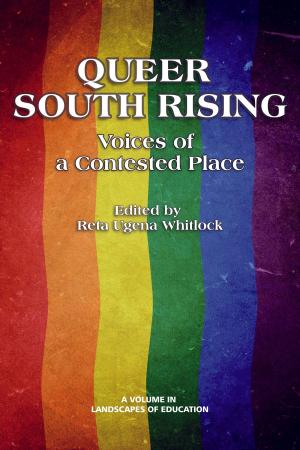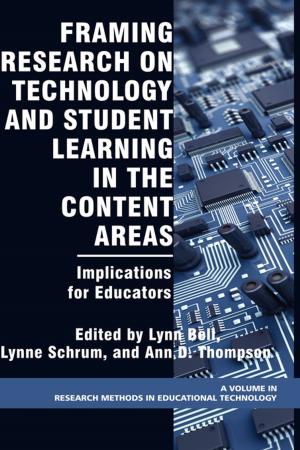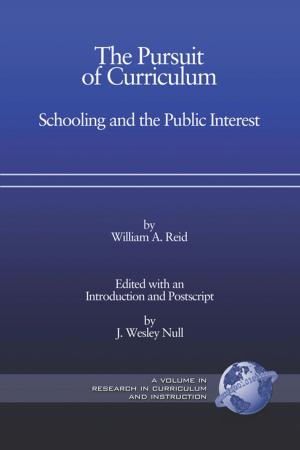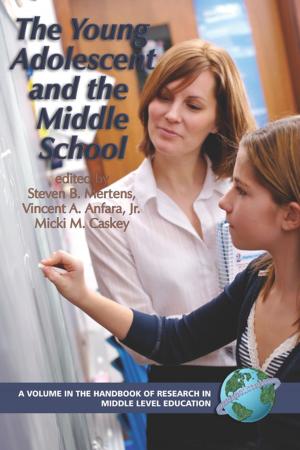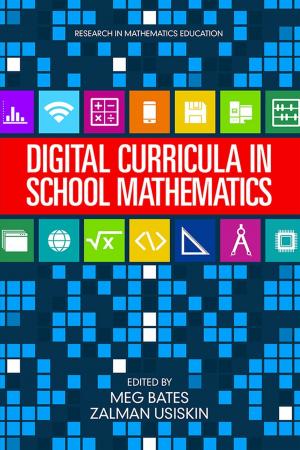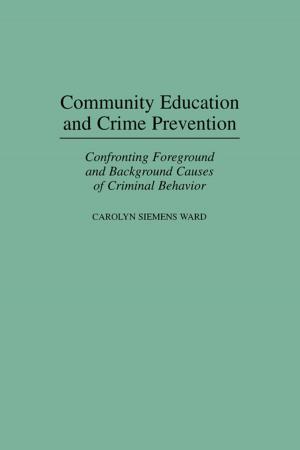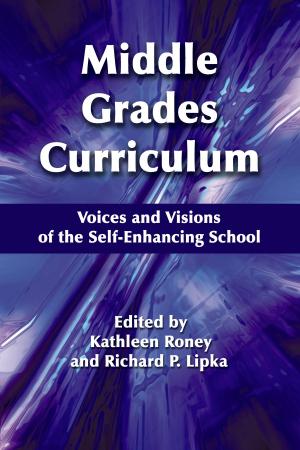Taking on a Learning Disability
At the Crossroads of Special Education and Adolescent Literacy Learning
Nonfiction, Reference & Language, Education & Teaching, Teaching, Language Experience Approach, Special Education, Learning Disabled| Author: | Erin McCloskey | ISBN: | 9781617357886 |
| Publisher: | Information Age Publishing | Publication: | August 1, 2012 |
| Imprint: | Information Age Publishing | Language: | English |
| Author: | Erin McCloskey |
| ISBN: | 9781617357886 |
| Publisher: | Information Age Publishing |
| Publication: | August 1, 2012 |
| Imprint: | Information Age Publishing |
| Language: | English |
In the United States, approximately 2.5 million students are diagnosed as having a learning disability and the majority of those children are placed in special education because of an inability to read as expected. As a result of this diagnosis, these children may be placed in special education classrooms classrooms that are separate from the ‘mainstream’ population. For children with learning disabilities, there is likely no place, other than in school, where a student’s inability to read as expected leads to this separation from his/her peers. Once school is over, these children play alongside the kids in their neighborhoods, participate in sports teams, and attend community activities. This book looks at the impact of being labeled as learning disabled and separated from peers in school through the eyes of Samson, a middle school student described both as learning disabled and a nonreader. This qualitative case study explores how Samson, his family, his teachers and this researcher make sense of special education and the complexities of learning to read as an adolescent. Throughout this book, there is a contrasting of the laws and procedures designed to guide special education, with the actual experiences of those impacted by these laws and procedures. Through the three years that Samson was in middle school, this book investigates his perspective on his classes, his interpretation of what it means to ‘be’ a student in special education, and the process by which he learns to read. How disability gets created, contested, and discussed is highlighted through the many contexts that allow disability to be recognized and to fade into the background.
In the United States, approximately 2.5 million students are diagnosed as having a learning disability and the majority of those children are placed in special education because of an inability to read as expected. As a result of this diagnosis, these children may be placed in special education classrooms classrooms that are separate from the ‘mainstream’ population. For children with learning disabilities, there is likely no place, other than in school, where a student’s inability to read as expected leads to this separation from his/her peers. Once school is over, these children play alongside the kids in their neighborhoods, participate in sports teams, and attend community activities. This book looks at the impact of being labeled as learning disabled and separated from peers in school through the eyes of Samson, a middle school student described both as learning disabled and a nonreader. This qualitative case study explores how Samson, his family, his teachers and this researcher make sense of special education and the complexities of learning to read as an adolescent. Throughout this book, there is a contrasting of the laws and procedures designed to guide special education, with the actual experiences of those impacted by these laws and procedures. Through the three years that Samson was in middle school, this book investigates his perspective on his classes, his interpretation of what it means to ‘be’ a student in special education, and the process by which he learns to read. How disability gets created, contested, and discussed is highlighted through the many contexts that allow disability to be recognized and to fade into the background.
